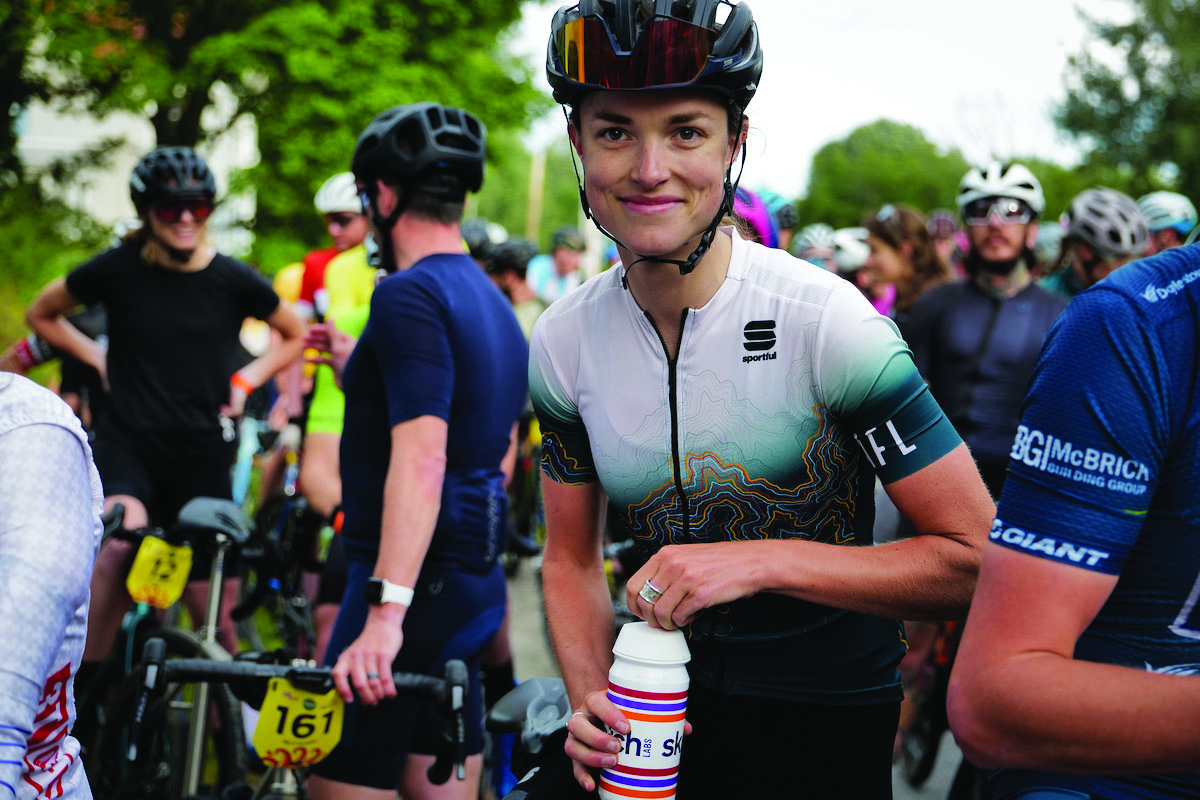Kaitlin Armstrong is currently on trial for the murder of professional cyclist Moriah “Mo” Wilson in Austin, Texas. According to prosecutors, Armstrong allegedly tracked Wilson’s movements using the exercise app Strava and confronted her near the Austin apartment where Wilson was staying, ultimately shooting her multiple times. The case is making headlines due to its complex web of personal relationships and technological evidence.
Wilson, born on May 18, 1996, in Littleton, New Hampshire, had a notable background in competitive sports. She graduated from Burke Mountain Academy in 2014 and later earned a Bachelor of Arts in engineering from Dartmouth College in 2019. Wilson was a nationally-ranked junior skier, but had transitioned into gravel cycling.
The alleged motive behind the murder involves a romantic entanglement. Wilson had reportedly been involved with the same man as Armstrong, professional cyclist Colin Strickland. Strickland briefly dated Wilson when he and Armstrong were on a break in their relationship.
The crime occurred in May 2022. Wilson was found dead with multiple gunshot wounds at a friend’s residence in Austin shortly before a scheduled race. The prosecution claims that Armstrong had access to Strickland’s messages, which enabled her to track Wilson’s whereabouts. They also suggest that Armstrong had knowledge of where Wilson was staying based on data from Wilson’s bike ride posted on Strava.
Key evidence presented by the prosecution includes security camera footage near the apartment where Wilson was staying, capturing her screams during the incident. Furthermore, casings from the gunshots allegedly matched Armstrong’s 9mm Sig Sauer handgun, and her vehicle matched one seen in security footage near the crime scene.
Armstrong initially fled the country with a fraudulent passport, but was later captured in Costa Rica and extradited back to the United States. If convicted, Armstrong could face a prison sentence of up to 99 years, as prosecutors are not seeking the death penalty.
On the defense side, Armstrong’s attorney argues that the case lacks sufficient evidence and accuses the police of having tunnel vision in pursuing her as a suspect.
The trial has witnessed the testimony of witnesses, including Moriah Wilson’s brother, Matthew, and a friend named Caitlin Cash, who made a heartbreaking 911 call after discovering Wilson’s lifeless body.
In a recent development, Armstrong attempted to escape from jail while being escorted to a doctor’s appointment. This escape attempt resulted in an injury to an officer, leading to an additional charge of escape causing bodily injury. The prosecution plans to include this incident as part of its case against Armstrong.
As the trial unfolds, the outcome will depend on the strength of the evidence presented by the prosecution and the arguments put forth by the defense. The case has garnered significant attention due to its complex and dramatic elements involving personal relationships, technology, and legal proceedings.
